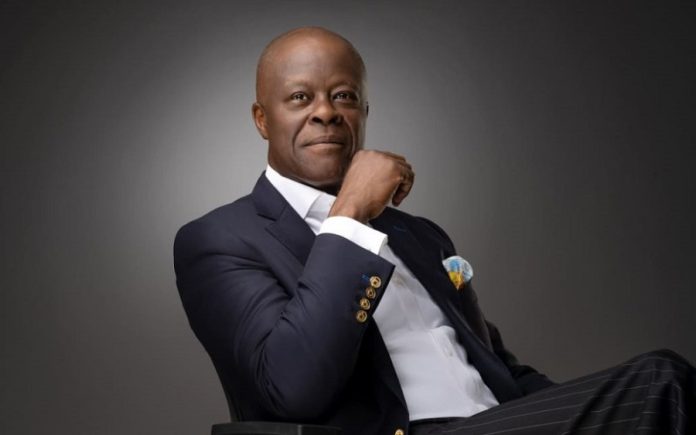The Federal Government on Monday assured that it is collaborating with states to enhance capacity in the mobilisation of domestic revenue to support the development of vital sectors of the economy.
Such sectors include health, agriculture, and SMEs to further stimulate economic growth, create job opportunities for the teeming youth population, and alleviate poverty.
The Minister of Finance and Coordinating Minister of the Economy, Wale Edun, dropped the hint in Asaba, Delta State, during the opening of a two-day retreat for members of the Federation Account Allocation Committee (FAAC).
He said FG is equally collaborating with the World Bank on a programme aimed at enhancing the ease of doing business by providing an enabling environment through the removal of existing bottlenecks.
The programme, tagged “States Action on Business Enabling Reforms” (SABER), is expected to run from 2024 to 2026.
The retreat, which was declared open by Delta State Governor Sheriff Oborevwori, is themed “Creating Resilient Economy through Diversification of the Nation’s Revenue.”
Edun, represented by the Permanent Secretary (Special Duties) at the Federal Ministry of Finance, Okokon Ekanem Udo, said other intervention programmes from the World Bank and other international organisations would continue unabated.
On the economic reforms so far taken by the President Bola Tinubu-led administration, Edun noted that government was not oblivious to the untold hardship being experienced by Nigerians.
“It always acknowledges with deep concern the challenges encountered by Nigerians in coping with not only the high cost of petrol but also the general increase in the prices of goods and services.
“I am happy to reaffirm that all the sacrifices made by people will never be in vain, as government is bent on ensuring that the economy bounces back to normal as we continue to consolidate the recovery efforts with a focus on achieving inclusive economic growth and development,” he said.
Edun said the administration has also put in place palliative measures to cushion “the unintended economic consequences of the ongoing reforms.”
Declaring the retreat open, Gov Oborevwori, represented by his deputy, Monday Onyeme, noted that past efforts to diversify the economy did not yield the best results.
“Dating back to 1962, when the first National Development Plan was launched, Nigeria has struggled to rise to the challenge of economic diversification.
“Since the turn of the century, we have had the National Economic Empowerment and Development Strategy (NEEDS), Vision 20:2020, and Economic Recovery and Growth Plan, all of which were aimed at achieving economic self-reliance, developing non-oil exports, and building a globally competitive economy. Sadly, diversification has remained largely elusive.
“The COVID-19 pandemic, persistent inflation, which currently stands at 30%, worsening macroeconomic instability, foreign exchange rate volatility, and a rapidly growing population highlight the need for Nigeria to urgently diversify its economy.
“With the global transition from fossil fuels to renewable energy in the foreseeable future, the outlook for Nigeria is bleak. The implication of this is that diversification is no longer an ideal but an imperative for sustainable economic growth.
“What we do now will have significant implications for current and future generations of Nigerians,” he said.
Share your story or advertise with us: Whatsapp: +2347068606071 Email: info@newspotng.com















